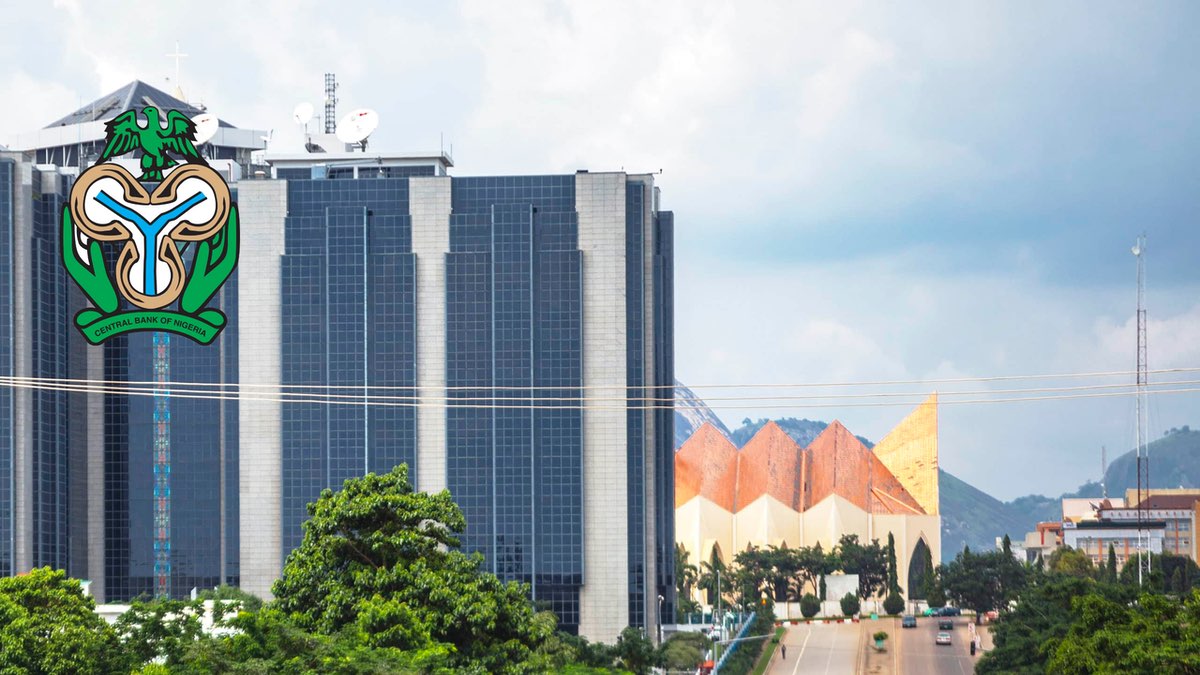In a move to safeguard its banking system, Nigeria’s Central Bank (CBN) has barred commercial banks from accepting foreign currency, typically US Dollars, as collateral for Naira loans. The new directive signed by Banking Supervision Director Adetona Adedeji prohibits foreign currency-denominated collateral except for two specific cases: Eurobonds issued by the Nigerian government and guarantees from foreign banks (including Standby Letters of Credit).
All lenders are expected to wind down all loans currently secured with dollar-denominated collateral within 90 days or face sanctions. The CBN approved Eurobonds issued by the government or letters of credit issued by an offshore bank as eligible foreign currency collateral.
According to the CBN, this policy protects banks from potential losses if the Naira strengthens significantly. When a borrower defaults on a Naira loan backed by foreign currency collateral, the bank can sell those dollars to recoup its losses. However, if the Naira appreciates, the value of those dollars decreases, leaving the bank exposed. Hence, this new policy could protect the banking system against strengthening the local currency.
However, the policy raises concerns about its potential impact on foreign investors, a crucial driver of economic growth. Foreign investors rely heavily on access to credit to finance their operations in Nigeria. This can include loans for initial investment capital, working capital to cover operational costs, or funding for expansion projects.
Currently, Nigeria ranks 131st out of 190 countries in terms of ease of accessing credit for businesses, according to the World Bank’s “Doing Business 2024” report. This ranking places it among the bottom third of countries globally, signifying significant challenges for companies, both domestic and foreign, in obtaining loans.
Related Articles:
- Zimbabwe Black Market Back in Business, Capitalizing on New Currency Launch
- Libya dethrones Nigeria as largest oil producer in Africa
- How the Kenya Shilling became the best performing currency in Africa
- Dollar to Naira Black Market Exchange Rate (11 April 2024)
- Dollar crashes to ₦1,140 on black market after CBN reviews BDCs’ exchange rate
With foreign currency collateral no longer an option, it might be difficult for foreign-owned businesses to secure loans from Nigerian banks. Nigeria already identifies access to credit as a major obstacle for over 70% of foreign companies operating in the country. Local lenders may be more hesitant to provide loans without the additional security offered by foreign currency collateral.
Foreign investors also face exchange rate volatility. In the last year, the value of the naira had plummeted to never-before levels. This policy makes them more vulnerable to loss if the Naira weakens against their home currency, potentially deterring long-term investments due to heightened uncertainty. Although the naira has gained sharply against the dollar on both the official and parallel markets after suffering its second devaluation in less than a year in January, it remains highly volatile. Analysts warn of potential resistance due to a strengthening US Dollar. This adds another layer of uncertainty. Moreover, Naira loans may also come with higher interest rates. Banks might perceive a higher risk in lending to foreign companies without foreign currency collateral.
According to Bloomberg, $187 million worth of foreign investment left the country in the last few months. With the Naira’s future trajectory uncertain and the global economic climate constantly evolving, the CBN’s policy may either benefit or hinder Nigeria’s attractiveness to foreign investors.












This Post Has 0 Comments